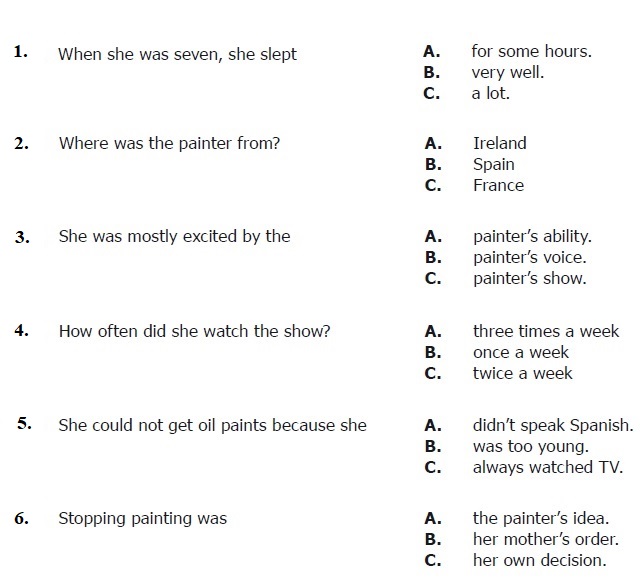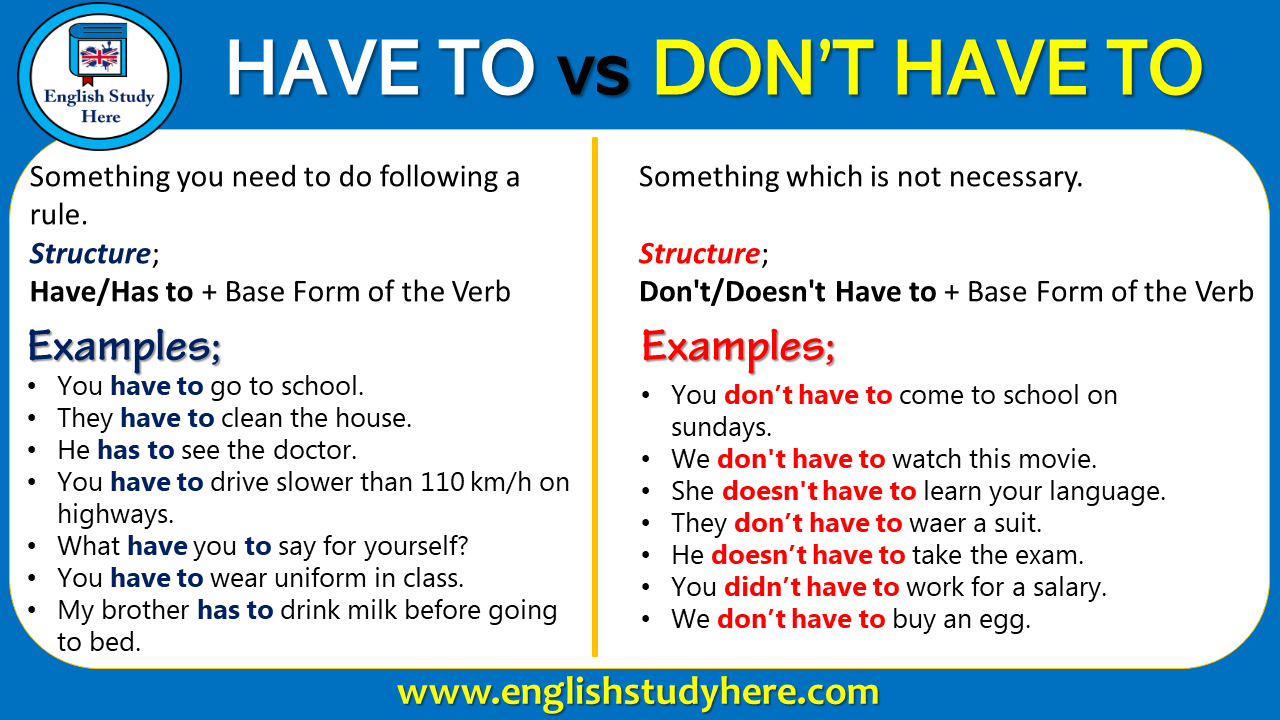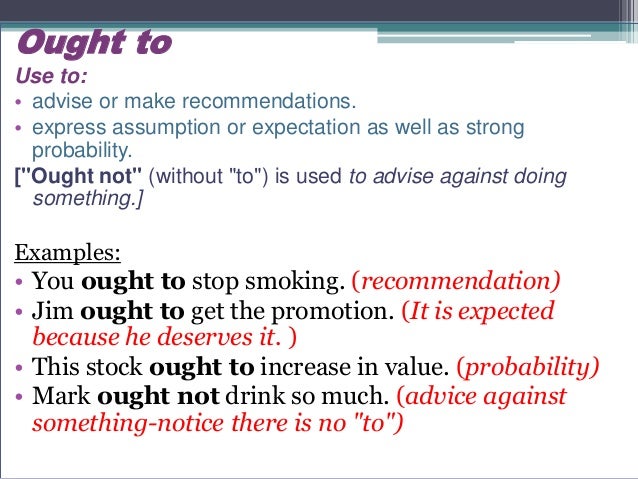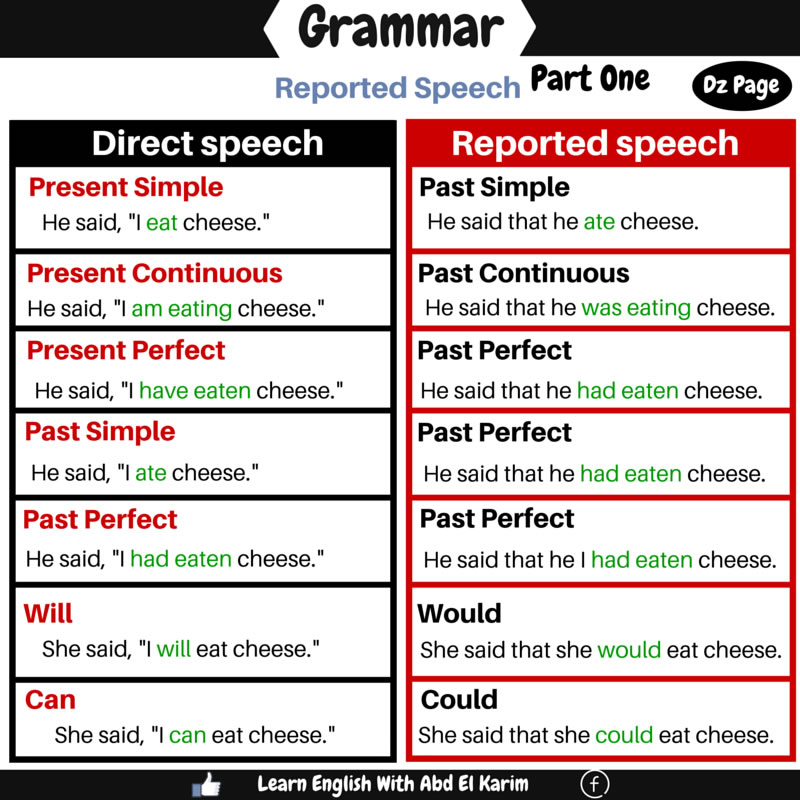5th WEEK (18th-22th May)
OVERVIEW & PURPOSE:
To practice:
REPORTED SPEECH (INDIRECT SPEECH)
 Images taken from: https://www.slideshare.net/marciacriollo/reported-speech-statements-questions-requests
Images taken from: https://www.slideshare.net/marciacriollo/reported-speech-statements-questions-requests
Image taken from: https://www.slideserve.com/elias/reported-speech

Visite los siguientes links y realice las actividades allí presentes, cuando las termine, tome una foto de las mismas y peguelas en un Documento de Word - envíelas al correo o al whatsApp , Nombrando el archivo de la siguiente manera:
nombre_Apellido_9C_Homework5
Example: Diego_Corrales_9C_Homework5
A. Answer the questions in your notebook, then make a picture and send it to the teacher´s mail or WhatsApp.
REMEMBER: With reported speech, the pattern is the following:
1. simple present becomes simple past
2. future tenses becomes conditional
3. present continuous becomes past continuous
4. present perfect becomes past perfect
5. commands (ex. come!) become infinitive (ex. to come)
Quiz taken form: https://www.learnenglishfeelgood.com/reported-speech-mixed1.html
Choose the best response:
1. "He will come tomorrow".
She told me that he ________ tomorrow.
is coming
will come
would come
2. "I see the clouds.".
He told me that she ________ the clouds.
sees
is seeing
saw
3. "My mother is taking the bus to work tomorrow".
He told me that his mother ________ the bus to work tomorrow.
is taking
was taking
will take
4. "I will call you".
I told her that I ________ her.
will call
would call
would have called
5. "I have been there".
She told me that she ________ there.
had been
has been
was
6. "I will study tomorrow".
I told him that I ________ tomorrow.
will be studying
would study
will study
7. "Open the window!".
He asked me ________ the window.
to open
open
opened
8."I am happy".
She told me that she ________ happy.
has been
is
was
9. "I have seen that movie".
He told me that he ________ that movie.
had seen
will have seen
has seen
10. "I am flying to India tomorrow".
He told me that he ________ tomorrow.
is flying
was flying
will fly
1. simple present becomes simple past
2. future tenses becomes conditional
3. present continuous becomes past continuous
4. present perfect becomes past perfect
5. commands (ex. come!) become infinitive (ex. to come)
Quiz taken form: https://www.learnenglishfeelgood.com/reported-speech-mixed1.html
Choose the best response:
1. "He will come tomorrow".
She told me that he ________ tomorrow.
is coming
will come
would come
2. "I see the clouds.".
He told me that she ________ the clouds.
sees
is seeing
saw
3. "My mother is taking the bus to work tomorrow".
He told me that his mother ________ the bus to work tomorrow.
is taking
was taking
will take
4. "I will call you".
I told her that I ________ her.
will call
would call
would have called
5. "I have been there".
She told me that she ________ there.
had been
has been
was
6. "I will study tomorrow".
I told him that I ________ tomorrow.
will be studying
would study
will study
7. "Open the window!".
He asked me ________ the window.
to open
open
opened
8."I am happy".
She told me that she ________ happy.
has been
is
was
9. "I have seen that movie".
He told me that he ________ that movie.
had seen
will have seen
has seen
10. "I am flying to India tomorrow".
He told me that he ________ tomorrow.
is flying
was flying
will fly
5th WEEK (18th-22th May)
COMMUNICATIVE SKILLS - READING COMPREHENSION
LEA ATENTAMENTE Y RESPONDA LAS PREGUNTAS QUE APARECEN A CONTINUACIÓN, ESTAS SON LECTURAS TOMADAS DE LAS PRUEBAS SABER SECCIÓN DE INGLÉS.
Escriba las respuestas en un documento de WORD o en el cuaderno de inglés y tome foto para su envío y calificación.
Envíe el documento o imagen con este nombre:
nombre_Apellido_9C_CommSkills5
Example: Diego_Corrales_9C_CommSkills5
One of my favorite vacation places is Mexico. I really like the weather there because it never gets cold. The people are very nice too. They never laugh at my bad Spanish. The food is really good. Mexico City is a very interesting place to visit. It has some great museums and lots of fascinating old buildings. The hotels are too expensive to stay but there are more affordable options. For example, you can stay at one of the beach resorts like Acapulco. If you are planning to visit Mexico, you should definitely see the Mayan temples near Merida.
Taken from: https://www.grammarbank.com/reading-comprehension-test.html
6th WEEK (25th-31st May)
OVERVIEW & PURPOSE:
To explain
PHRASAL VERBS
¿Qué es un Phrasal Verb?
También conocidos como “multi-word verb”, un phrasal verb es simplemente un verbo compuesto. Esto quiere decir un verbo (take, go, play, turn, etc.) acompañado de una preposición o de un adverbio (esas palabras pequeñitas como up, down, by, into, etc.). Mira este ejemplo:
TAKE: tomar, coger.
OFF: fuera de, apagado (depende del contexto).
TAKE OFF: despegar (cuando se habla de aviones, ojo que este verbo también tiene otros significados).
OFF: fuera de, apagado (depende del contexto).
TAKE OFF: despegar (cuando se habla de aviones, ojo que este verbo también tiene otros significados).
Lo especial de estos verbos es que son idiomáticos, en otras palabras, no los puedes explicar o traducir palabra por palabra sino en conjunto. Es esta la razón por la que quizá has escuchado a tus amigos y compañeros de los cursos avanzados decir que los phrasal verbs son muy difíciles. En realidad es cuestión de práctica y algunas estrategias que nosotros, los capos del BRITÁNICO, vamos a compartir con ustedes.
¿Por qué los Phrasal Verbs son importantes en mi aprendizaje?
¡Porque son usados todo el tiempo! Es más, desde los cursos básicos ya estás rodeado de phrasal verbs. Si no nos crees, acá algunos ejemplos:
– “Ok, for this activity, can everyone stand up, please?”
– “If the lift is full, you can go up the stairs”
– “Go back to your seats now, please”
– “It’s too cold, can you turn off the air conditioner, teacher?”
Otro ejemplo: mira estos clips de la película animada Moana en los que encontrarás 7 phrasal verbs en diferentes partes de la película:
Entonces, ya te habrás dado cuenta que:
(1) los phrasal verbs son usados en todo momento en inglés
(2) más que traducirlos, lo que se puede hacer es interpretarlos porque en el español no usamos phrasal verbs
(3) ese “no sé qué” que hace que el inglés suene tan inglés está en gran parte en los phrasal verbs.
Entonces, no excuses, BRITÁNICO friends, hay que aprender, practicar y utilizar phrasal verbs, y cuanto más antes mejor.
For more information, please check the own of this website: https://www.britanico.edu.pe/blog/guia-esencial-phrasal-verbs/ All this information were taken from the site www.britanico.edu.pe.
Visite los siguientes links y realice las actividades allí presentes, cuando las termine, tome una foto de las mismas y peguelas en un Documento de Word - envíelas al correo o al whatsApp , Nombrando el archivo de la siguiente manera:
nombre_Apellido_9C_Homework6
Example: Diego_Corrales_9C_Homework6
6th WEEK (25th-31st May)
COMMUNICATIVE SKILLS - READING COMPREHENSION
LEA ATENTAMENTE Y RESPONDA LAS PREGUNTAS QUE APARECEN A CONTINUACIÓN, ESTAS SON LECTURAS TOMADAS DE LAS PRUEBAS SABER SECCIÓN DE INGLÉS.
Escriba las respuestas en un documento de WORD o en el cuaderno de inglés y tome foto para su envío y calificación.
Envíe el documento o imagen con este nombre:
nombre_Apellido_9C_CommSkills6
Example: Diego_Corrales_9C_CommSkills6




















